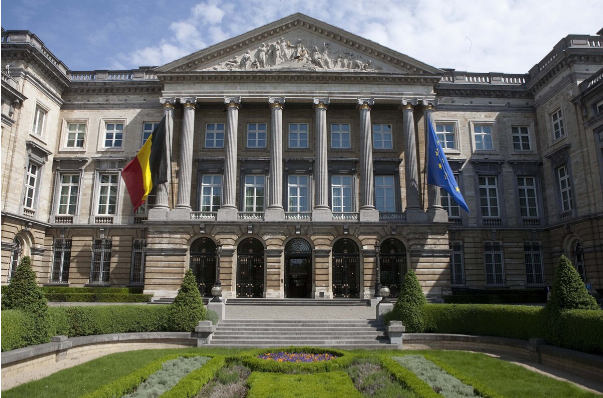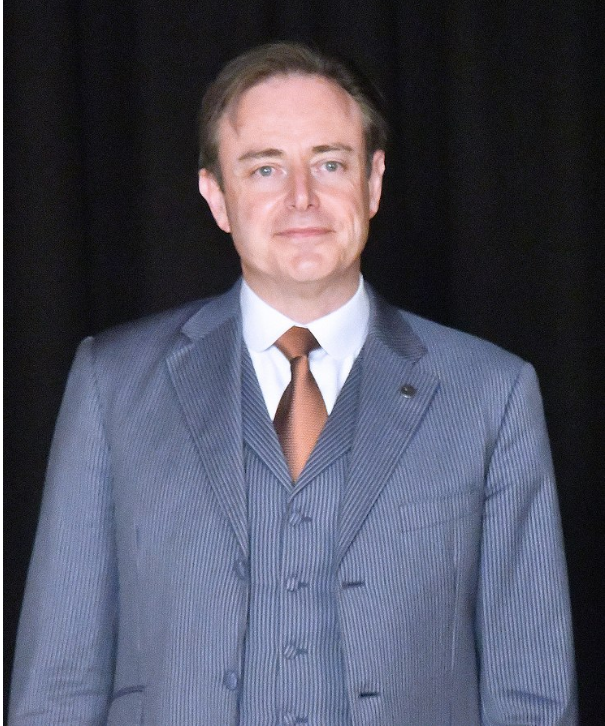On his Majesty’s Public Service - The new Belgian Prime Minister
By Ben Rosenbaum, Reading Time: 2 minutes, 30 seconds
After months of negotiations and an ultimatum from the King, Belgium has a new government. Its head is Bart de Wever, who ideologically wants the Flemish part of Belgium to become independent but now has to work for the whole country. Where does he come from? And what does his appointment mean for Belgium?
The Palace of the Nation in Brussels, licensed under CC BY-SA 4.0
Bart de Wever, born in 1970, has made a name for himself in Belgian politics throughout the last decades. He has been the leader of the New Flemish Alliance (N-VA) since 2004, and Mayor of Antwerp since 2013. Broadly seen as a rightwing-conservative, de Wever gained a reputation for being a skilled political operator who expanded his party’s policy platform, brought it into positions of power and increased its importance in Belgium beyond the Flemish region.
In the early days of his political career, he was also known as somewhat of a provocateur; in one instance he had trucks filled with fake money driven to French-speaking Wallonia to illustrate how Flemish money was being spent in other regions of Belgium. However, he has also shown the ability to change his political style and views in order to suit his aims and gain power.
Bart de Wever in 2019, licensed under CC BY-SA 4.0
One example of this versatility is how de Wever softened his language on the issue of Flemish independence, despite being its primary advocate in the past. Now, as Prime Minister of all Belgium, he seeks to strengthen regional autonomy — an approach that could still prove highly unpopular with his coalition partners.
His rejection of the far-right Vlaams Belang party, which wants to unilaterally declare Flemish independence, may have also helped de Wever’s transition to an acceptable coalition partner for the French-speaking centre-right MV party.
The new government’s program
Even if the government does not split over advocacy for more Flemish autonomy, there are other problems the new representatives face. A main contention point in the negotiations was the budget. Only an ultimatum by the King of the Belgians seems to have enabled a compromise between the parties. The coalition agreement points towards more market liberal and rightwing positions such as cuts in public spending to bring down public debt, deregulation of the labour market and pension reform.
Furthermore, the new government wants to extend the runtime of nuclear energy plants as well as building new facilities, constituting a reversal of previous policy.
In line with other European countries, Belgium will also adopt a more hardline approach on immigration and increase its defense spending. This strategy and the new government's rightwing policy proposals further demonstrate a shift to the right across member states that will also be reflected in European Union level politics. As a matter of fact, de Wever is the latest member of an increasing list of leaders belonging to the right-wing European Reformers and Conservatives (ECR).
The coming months will tell us: could de Wever succeed in convincing his coalition partners of his plans, or is the new Belgian Prime Minister with a history of confronting the very government doomed to fail?

